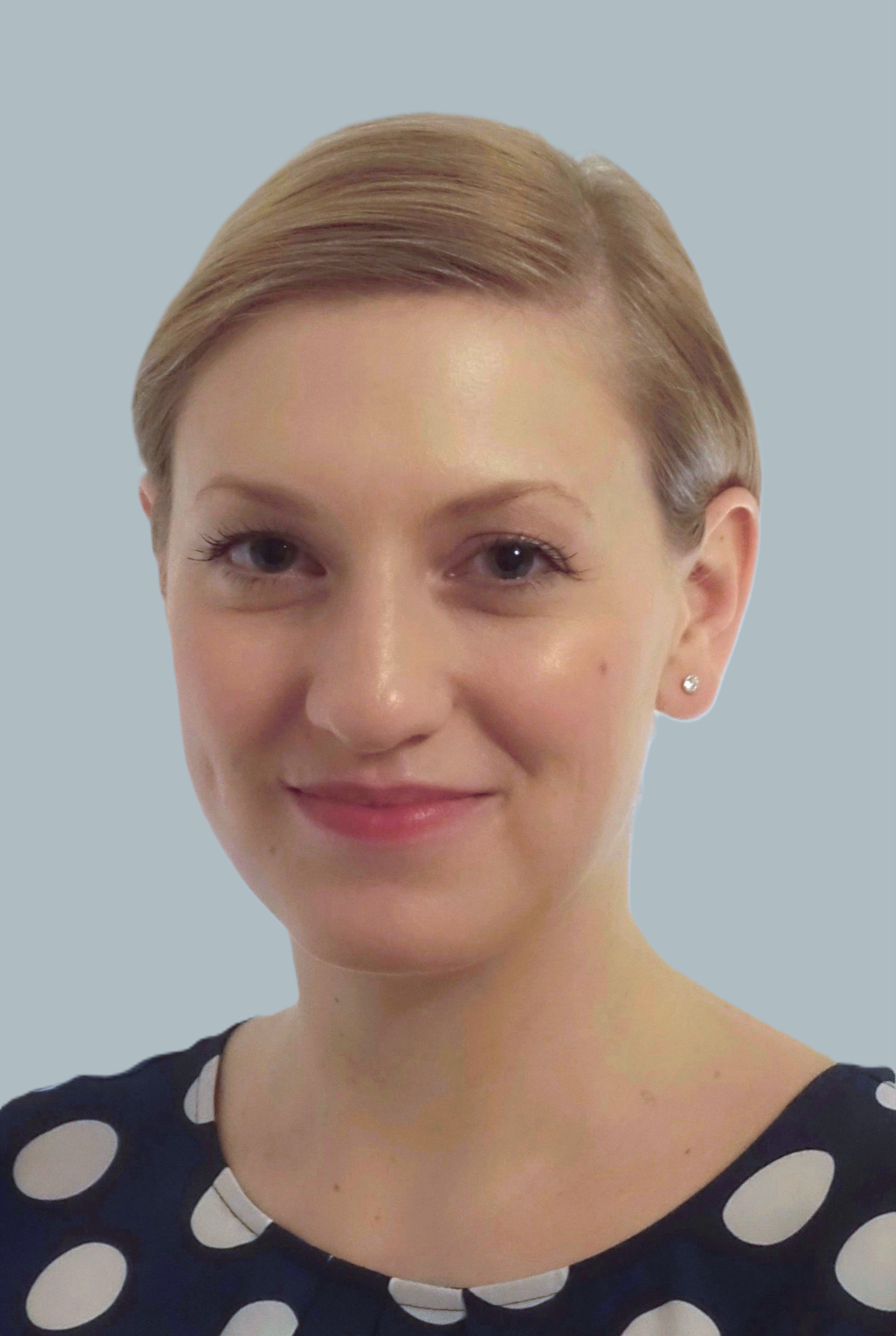Dipl.-Ing. Maria Regina Strobl

MedUni Wien RESEARCHER OF THE MONTH September 2024
The induction of IgE-blocking allergen-specific IgG4 is considered a hallmark of clinically effective allergen-specific immunotherapy (AIT), which is the only curative treatment option for IgE-mediated allergy. In our recently published study “The role of IgG1 and IgG4 as dominant IgE-blocking antibodies shifts during allergen immunotherapy” we regularly monitored the allergen-specific IgG response during AIT and revealed that IgG1 antibodies dominated in terms of concentration and IgE-inhibitory capacity in the first 12 months of therapy. Allergen-specific IgG4 took over afterwards. Additionally, we were able to show that the avidity of allergen-specific IgG1 was already high at the beginning of AIT and did not substantially increase during the following 3 years of treatment. Moreover, we found that the binding strength of IgG1 is superior to that of IgG4. Our findings contribute to a deeper understanding of immunological processes that lead to allergen tolerance induced by AIT.
Selected Literature
-
Strobl MR, Demir H, Sanchez Acosta G, Drescher A, Kitzmüller C, Möbs C, et al. The role of IgG1 and IgG4 as dominant IgE-blocking antibodies shifts during allergen immunotherapy. J Allergy Clin Immunol. 2023;151(5):1371-8 e5.
-
Shamji MH, Valenta R, Jardetzky T, Verhasselt V, Durham SR, Wurtzen PA, et al. The role of allergen-specific IgE, IgG and IgA in allergic disease. Allergy. 2021;76(12):3627-41.
-
Durham SR, Shamji MH. Allergen immunotherapy: past, present and future. Nat Rev Immunol. 2023;23(5):317-28.
-
Nouri-Aria KT, Wachholz PA, Francis JN, Jacobson MR, Walker SM, Wilcock LK, et al. Grass pollen immunotherapy induces mucosal and peripheral IL-10 responses and blocking IgG activity. J Immunol. 2004;172(5):3252-9.
-
James LK, Till SJ. Potential Mechanisms for IgG4 Inhibition of Immediate Hypersensitivity Reactions. Curr Allergy Asthma Rep. 2016;16(3):23.
-
Shamji MH, Kappen J, Abubakar-Waziri H, Zhang J, Steveling E, Watchman S, et al. Nasal allergen-neutralizing IgG4 antibodies block IgE-mediated responses: Novel biomarker of subcutaneous grass pollen immunotherapy. J Allergy Clin Immunol. 2019;143(3):1067-76.
-
Sanchez Acosta G, Kinaciyan T, Kitzmuller C, Mobs C, Pfutzner W, Bohle B. IgE-blocking antibodies following SLIT with recombinant Mal d 1 accord with improved apple allergy. J Allergy Clin Immunol. 2020;146(4):894-900 e2.
-
Strobl MR, Demir H, Stadlmayr G, Stracke F, Hoelzl R, Bohle B, et al. Affinity matters for IgE-blocking activity of allergen-specific antibodies. Allergy. 2023;78(9):2543-6.
-
Strobl MR, Vollmann U, Eckl-Dorna J, Radakovics A, Ibl V, Schnurer M, et al. Identification of apple cultivars hypoallergenic for birch pollen-allergic individuals by a multidisciplinary in vitro and in vivo approach. Clin Transl Allergy. 2022;12(8):e12186.
-
Li X, Lee EJ, Lilja S, Loscalzo J, Schafer S, Smelik M, et al. A dynamic single cell-based framework for digital twins to prioritize disease genes and drug targets. Genome Med. 2022;14(1):48.
-
Zettl I, Ivanova T, Strobl MR, Weichwald C, Goryainova O, Khan E, et al. Isolation of nanobodies with potential to reduce patients' IgE binding to Bet v 1. Allergy. 2022;77(6):1751-60.
-
Husa AM, Strobl MR, Strajeriu A, Wieser M, Strehl S, Fortschegger K. Generation of CD34 Fluorescent Reporter Human Induced Pluripotent Stem Cells for Monitoring Hematopoietic Differentiation. Stem Cells Dev. 2018;27(19):1376-84.